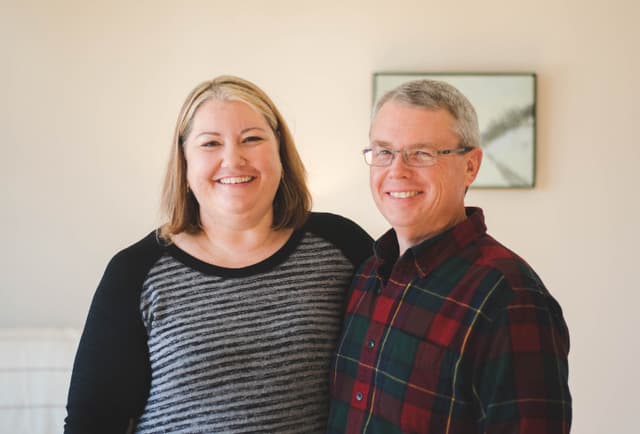Interview with Marcus Blankenship, Technical Leadership Consultant
Published on Jan 2, 2018
3 min read


Location: Klamath Falls, Oregon, USA
Current Role: Technical Leadership Consultant
What’s your background and how did you get into management?
My background is in Software Engineering, with a focus on building ERP and Product Configurator systems. In 2000 I was promoted from Sr. Programmer to Team Lead and took over the eight programmers that I worked side-by-side with. I remember believing that I could still code 80% of the time, and just do “a little management.” That did not work so well.
What are the biggest challenges you face?
The biggest challenges my clients face (primarily CTOs and VPEs) is surrounding communication and relationships. It is easy to focus on the “technical” part of “Technical Leadership”, but that’s the least important part of their jobs. Poor communication and bad relationships are the cause of 80% of software project overruns and developer turnover.
What is your approach to hiring?
I look for team members who are strong communicators and have a track record of building good relationships. Hard technical skills are important, but not the most important thing. I like Joel Spolsky’s idea of hiring people who are “Smart, and get things done.” I’d add “easy to get along with” to that list.
What’s your advice for managers who are just starting out?
Stop coding, and start leading. I know it’s what you’re good at, and how you got the manager job, but every line of code you write is a missed opportunity for your team to grow. The faster you stop writing production code, and focus on doing the unique work that only you can do for the team, the faster your team will trust you.
The phrases “leading” and “managing” can get in the way for new managers. If you’re just starting out, the most important thing you can do is built strong trust relationships with your team. The best way to do this? Weekly, consistent, private one-on-one meetings. Hands down this was the practice that made the biggest difference in the first two years of managing people, and I still believe in it 100%.
What structure should you use? Doesn’t matter. You could find others who would disagree, but if you’re just starting out, just have the meeting and “talk shop.” Get to know them. Tell them about your struggles. Be human, vulnerable and transparent, and then invite them to do the same. You might be surprised at how powerful this meeting is.
Whats your work day like and how do you manage your time, emails, etc.?
Email in the morning, writing mid-day, communicating with clients and team members throughout the day. I often write again at night. Writing has been the most important skill in my career, bar none.
What’s a personal habit that contributes to your success?
Being empathetic with those around me. Empathy cuts through arrogance and frustration faster than anything I’ve found and gets me on the same side of the table with the other person.
Share an internet resource or tool that you can’t live without.
I love Joe Dunn’s weekly newsletter, Tech People Leadership. http://newsletter.techpeopleleadership.com/
If you could recommend one book to managers, what would it be and why?
Becoming a Technical Manager, by Jerry Weinberg. It’s the classic that stands the test of time.
Where can we go to learn more about you? (LinkedIn, Twitter, GitHub, etc.)
You can join my list at https://marcusblankenship.com/list
I also just launched Tech Leader Fortune Cookies, which delivers bite-sized wisdom for busy tech leaders. Folks can subscribe here: https://marcusblankenship.com/tech-leader-fortune-cookies
This series asks engineering managers to share their experiences with the intent of helping other engineering managers learn and improve. Have someone you want to see featured or questions you think we should ask? Contact me.





